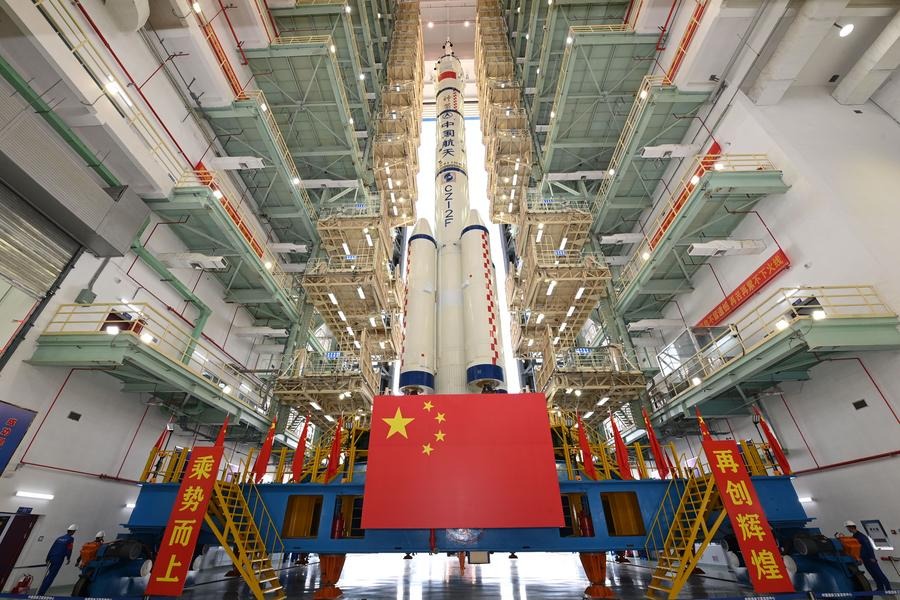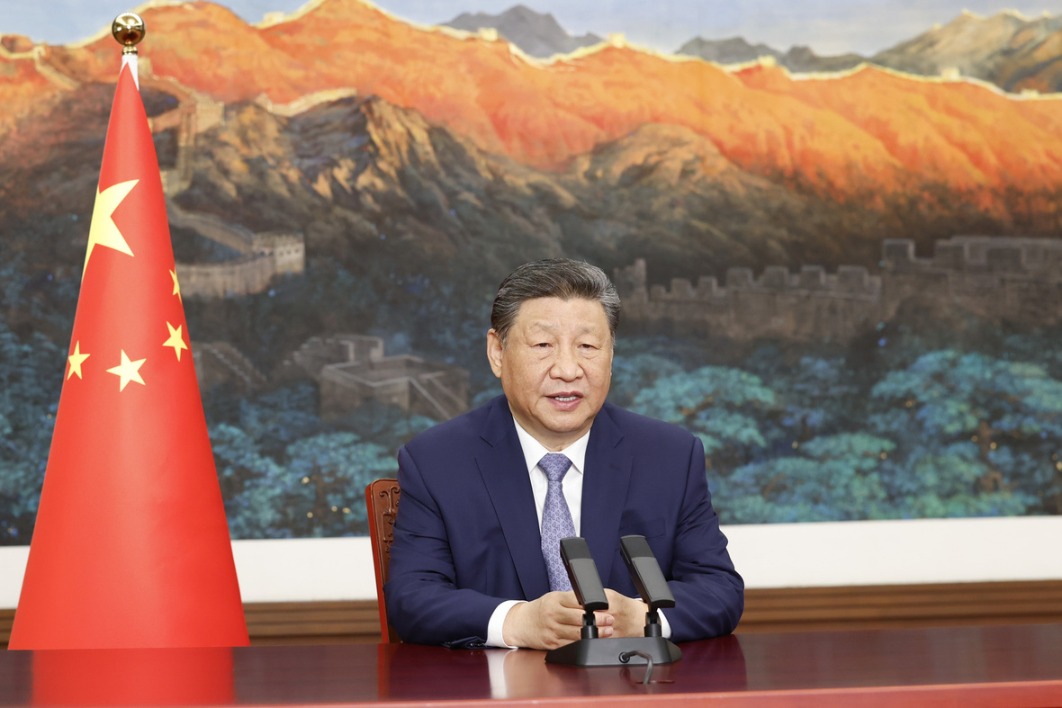Feng Da Hsuan: A physicist following the new Belt and Road
By May Zhou in Houston | China Daily USA | Updated: 2018-01-26 16:20
On Jan 23, Feng Da Hsuan of Dallas was named Light of Civilization 2017 Chinese Cultural Exchange Person of the Year, an award set up in 2013 by China to honor people who contribute to the understanding of the Belt and Road Initiative.
"I became interested in China's Belt and Road Initiative (BRI) about two years ago when I was working at the University of Macau. I am interested in seeing BRI from the perspective of history, culture and economy," said Feng who spoke to China Daily from Dallas.
Born in India and completing his primary education in Singapore, Feng came to the US for college and eventually earned a PhD in physics in 1976. He began his academic career at the University of Texas at Austin and worked as vice-president of the Fortune 500 Science Applications International Corporation before becoming the vice-president for research and graduate study at the University of Texas at Dallas (UTD) in 2000.
"I applied my knowledge learned in the corporate world to improve the research capability of UTD. I wanted to make it a top institution and helped the university recruit two Nobel Prize winners," said Feng.
During his time at UTD, Feng also took the initiative to bring the first Confucius Institute to Texas. "I am happy to see that it runs a very active program now," Feng said.
Starting in 2007, Feng spent another seven years as senior executive vice-president at Tsing Hua University and National Cheng Kung University in Taiwan. He then took the position of director of global affairs at the University of Macau in 2014, a position he just recently left.
Spending a decade in Asia has greatly improved his Chinese and changed his thinking, Feng said. "I could barely speak Chinese before I went to Taiwan and now I can write in Chinese. I can view the US from a position over there now," Feng said.
While in Macau, Feng became interested in China's BRI and began to research the subject. As a senior fellow at the Institute of Advanced Studies at Nanyang Technological University, Singapore, a title he still holds, Feng was invited to Singapore to talk about BRI a couple of years ago.
To prepare for that, he talked to historians and did thorough research on the history of the ancient Silk Road and Belt and Road Initiative. While many view BRI as a geopolitical and economical issue, Feng became interested in the connections between ancient history, the modern initiatives and the ways of Chinese thinking.
His lecture in Singapore was so successful that he was invited by other academic institutions to speak on the subject.
"I was not only invited to speak on this issue in China, but also in the US and Canada. I have given BRI lectures at Harvard Law School, UTD and the University of Toronto," Feng said.
A year ago, Feng became a senior advisor at the China Silk Road iValley Research Institute, a think tank dedicated to the Belt and Road Initiative.
Feng said that from a grand point of view, BRI, while making a historical nod to the iconic route, is fundamentally different from the original Silk Road.
"On the ancient Silk Road, it was the foreigners coming to China. So much so that from the Han Dynasty to the Song Dynasty, a community of about 9,000 Jews formed in the capital Bianjing, now Kaifeng. However, the Chinese had no desire to go out. For more than a thousand years, China had been looking inward," Feng said.
The Belt and Road Initiative is the complete opposite of the ancient Silk Road, according to Feng. Initiated by the Chinese government, it aims to economically, technologically and culturally engage nations throughout Asia, Europe and Africa.
"BRI means that Chinese are going out to other countries. For the initiative to be successful, the first thing China needs to do is to understand the cultures and politics of nations along the Belt and Road. If China goes in blindly, the initiatives will have a hard time succeeding," Feng said.
That means China needs to reverse its mind set and looks outward, and Feng thinks China needs step up efforts in that regard. For example, he found that among thousands of Chinese higher education institutions, only a handful have programs devoted to studying Southeast Asian countries that lie along the Belt and that needs to change.
"China's higher education institutions need to shoulder the responsibility of understanding other cultures. China needs to understand other countries' challenges from the perspective of their cultures," Feng said.
He has been promoting the idea in China.
Working with China Silk Road iValley Research Institute, Feng has given lectures and published numerous articles about BRI and Southeast Asian countries on various media outlets both inside and outside of China.
Feng hopes that BRI will get more notice in the US. He has been invited to speak on BRI by Rutgers University later this year and will have a discussion at the Confucius Institute at UTD at the end of this month.
For Feng, BRI is a new and exciting path he will continue to follow on top of his scientific work in physics.
























